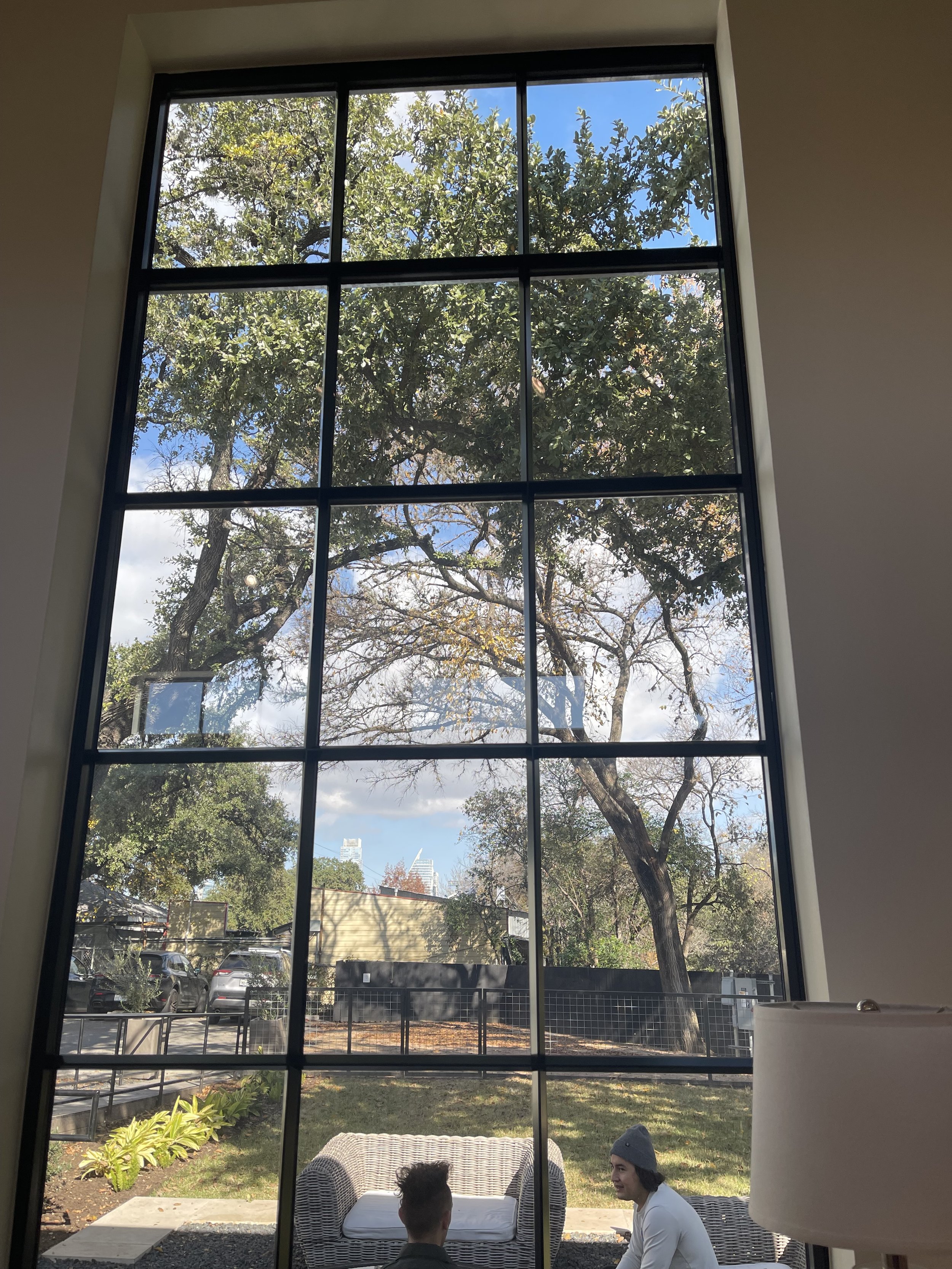Yoga for Trauma
I have always been a huge believer in aligning one’s yoga practices with therapy. If you decide to embark upon a deep and lasting spiritual commitment to yoga, know that everything rises to the surface. And a trained therapist is best for navigating all of the emotions and feelings that come up.
Patanjali’s Yoga Sutras will teach you that yoga is the original spiritual psychology. Its practices are each designed to take you out of the mundane and into a more multi-dimensional view of reality. This awakening, no matter how much corporations try to diminish it in public yoga’s mass marketing for tight pants, will happen to anyone dedicated to the practice.
Something that I have understood is that this world is so challenging that no one gets by unscathed. I don’t know anyone who has not and will not experience trauma. And so we all need the tools of yoga and therapy to get us through the stressors of life.
The three responses to trauma are fight, flight and freeze. There is a 4th, fawn state, which is beautiful in that fawn are able to shake off the trauma and move forward in the wilderness. This fawn state is the ideal of polyvagal work - trauma therapy.
As a yoga teacher and as a human being, it’s important to notice if any of your students or people around you are stuck in unconscious trauma states.
How can you tell if someone is in a trauma state?
They repeat the same stories of suffering again and again. Folks in trauma don’t even notice that they are telling the same story again and again and stemming all their decisions and discussions around this moment in time. You can help them by gently guiding them into positive affirmations or mantras that bring a different vibration to the atmosphere. You can also learn ways to communicate consciously that reframe the narrative to something more present and felt.
They seem blocked, rigid and hide away from people consistently. There is a difference between introversion and simply hiding away from people. Extreme sensitivity and sensory overload can happen to people who have experienced trauma. It’s important to compassionately and gently coax them out of these states. Shaming or shocking people out of the “freeze” state can create more harm than good.
Do you know people who always want to pick a fight with you? These people have probably been abused so much that their first inclination is to simply be angry, belligerent and aggressive. I had a private student long ago who told me that because he was so abused and bullied by his parents that he took all this out on his co-workers and clients. I always congratulated him for spending time in private yoga sessions with me to learn to access his rest and digest states - so that he could trust being calm and collected as super powers.
There is so much to trauma and the essence of yoga is to help people, not necessarily out of trauma but into truly understanding who each one of us is: infinitely loving and free.
There is always the cautionary tale out there of someone practicing physical asana yoga having a sudden and uncontrollable kundalini awakening that frightens them out of their daily routine. If a yoga teacher isn’t trained to understand the fundamentals of yoga from its origins, you may not understand how to work with this.
Many of my yoga students end up studying psychology and become therapists themselves in order to work with people with ranges of trauma in order to broaden their understanding of both spirituality and psychology. I highly encourage deepening the studies of the human mind and spirit and not just the body for all who wish to teach yoga especially to those who have suffered trauma. We are an amazing lot of beings who endure and overcome trauma in its many forms everyday. And we all need all the help we can get.
